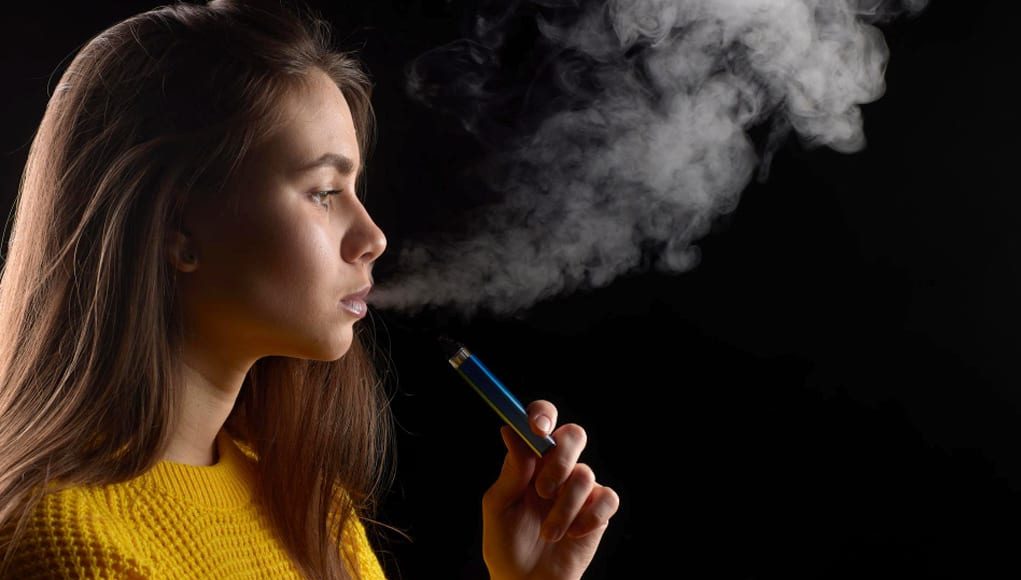Disposable vaping products have sparked incessant debates, with arguments both for and against their widespread use. The strongest argument in favour is of course the fact that the devices are an effective tool for smoking cessation, given they provide an accessible, low-barrier option for smokers looking to quit. Their ease of use, low start-up cost, and variety of flavours make them appealing alternatives to traditional cigarettes. In fact studies have shown that the simplicity and convenience of disposables can encourage smokers to switch, contributing to a reduction in cigarette sales and potentially lowering smoking-related health risks.
On the other hand, critics raise concerns about the environmental impact of disposables‘ and how they contribute greatly to electronic waste, given they are single-use and not easily recyclable. Moreover, their availability in gas stations and convenience stores makes them very accessible to minors and hence increases the potential for underage vaping.
In addition different stakeholders have expressed concerns about the proliferation of unauthorized disposable vapes, which may bypass regulatory controls, leading to potential safety and health risks. Perhaps the most surprising entity (or not) among those concerned is the vaping industry itself, given that the popularity of illicit disposables has a direct effect on vape sales.
The vaping industry is hit from multiple angles
More specifically, disposables now account for about 33% of vape store income, despite their adverse impact on overall revenue. While increased competition from non-specialist retailers like gas stations and convenience stores, along with changing consumer preferences and persistent misinformation about vaping, are other major factors behind the decline in sales for vape retailers.
Therefore, as the industry struggles with negative perceptions and a complex regulatory environment where many products are technically illegal, it’s future remains bleak. And of course, the rise of disposables has exacerbated concerns about youth vaping and further strained vape stores’ finances.
In line with this, analyst Jonathan Darnell suggests that increased regulatory enforcement against non-specialist retailers selling illicit, unlicensed products could potentially benefit vape stores. With nearly 50% of vape stores having already faced regulatory action, stronger enforcement against competitors might help stabilize the market for these specialty retailers.
The vaping and tobacco industries seem to have found in disposables a common enemy
In other news, Altria’s second-quarter report reveals a significant shift from cigarettes to non-combustible alternatives like disposable vapes and nicotine pouches in the U.S., driving a notable decline in cigarette sales. Expert David Sweanor told Filter that disposable vapes, despite their controversial nature are a major factor in this transition.
Like the vaping industry, Altria attributes much of the cigarette sales drop to these products, with illicit disposable vapes dominating the market. Meanwhile, tobacco harm reduction (THR) experts argue that efforts to restrict disposables, driven by large tobacco companies and the FDA, may harm public health by limiting options for smokers seeking safer alternatives.
The THR expert emphasized that publicly listed companies have a responsibility to provide accurate information to the market, and stakeholders should closely monitor what is communicated to shareholders. He draws on the wisdom of urban theorist Jane Jacobs, suggesting that just as planners should observe where people naturally walk in a snowy park to design paths accordingly, companies and regulators should pay attention to consumers’ preferences and support their transition away from cigarettes.
THR experts tend to look at the bigger picture and always prioritize facilitating the shift to vaping as a means to reduce the harm caused by smoking. So should the authorities.












